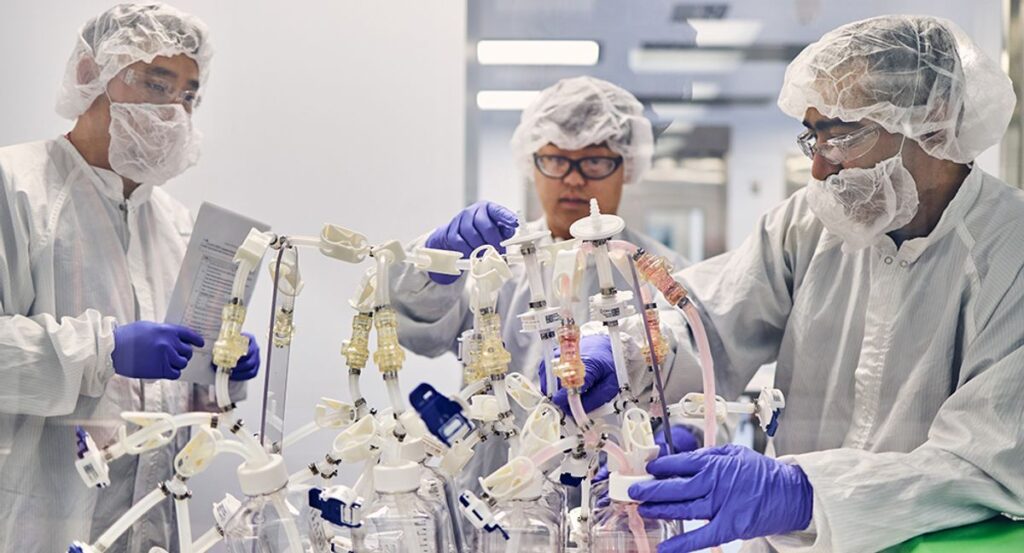A revolutionary cell-based treatment for cerebral adrenoleukodystrophy, otherwise known as CALD, received accelerated approval from the Food and Drug Administration (FDA) on Friday.
Developed by Bluebird Bio, the customized gene therapy called Skysona uses the patient’s own stem cells to treat and “slow the progression of neurologic dysfunction,” in boys between the ages of 4-17, according to Bluebird.
“CALD is a progressive and irreversible neurodegenerative disease that primarily affects young boys. The disorder is caused by mutations in the ABCD1 gene that affect the production of adrenoleukodystrophy protein (ALDP) and subsequently leads to accumulation of very long-chain fatty acids (VLCFAs), primarily in the white matter of the brain and spinal cord,” according to Bluebird. “In the first five years after their symptoms first appear, over half of untreated patients die.”
The treatment meets a “substantial unmet medical need,” according to FDA.
“Prior to the approval of Skysona treatment, effective options were limited to allogeneic hematopoietic stem cell transplant (allo-HSCT), which is associated with the risk of serious potential complications including death, that can increase dramatically in patients without a human leukocyte antigen (HLA) matched donor,” according to Bluebird Bio.
Bluebird Bio’s application for its treatment, Skysona, had been granted a rare pediatric disease priority review voucher (PRV), in addition to receiving orphan drug and Breakthrough Therapy designations by the FDA.
More information about Skysona can be found on the FDA website.




